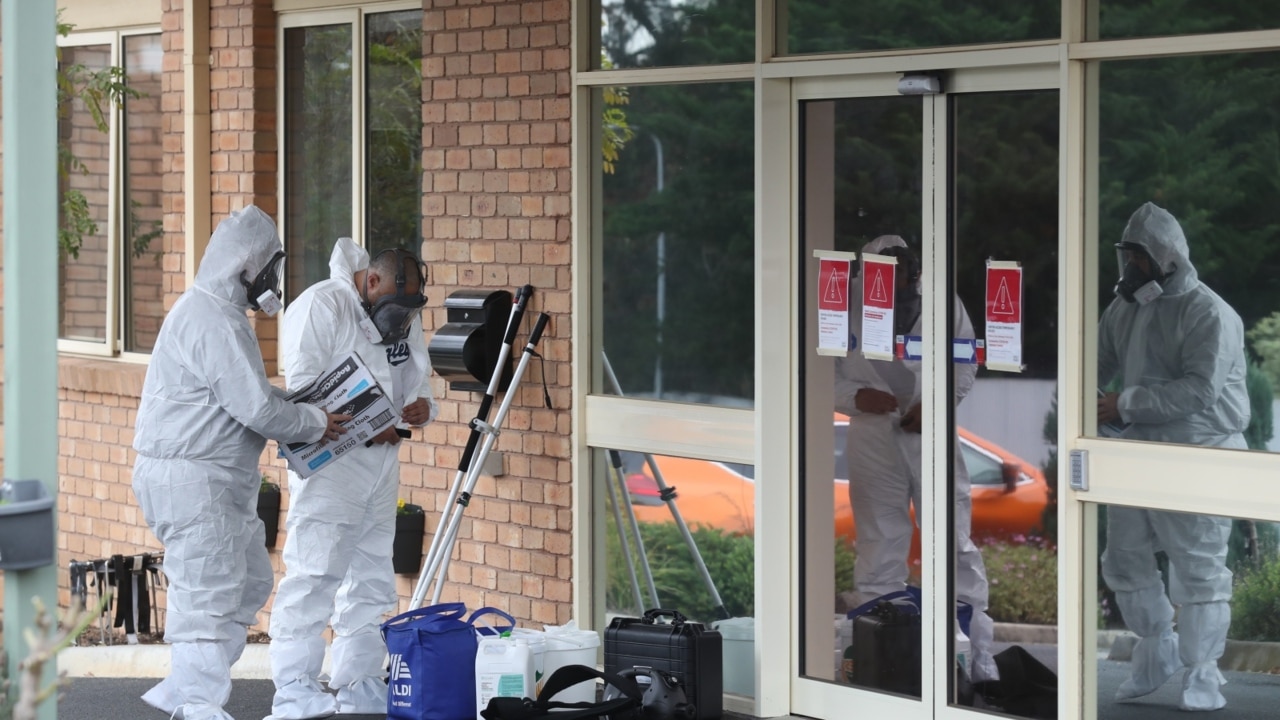Regional aged care headed for crisis
Regional aged-care operators say they are facing the toughest conditions in memory amid growing expectations that some centres in small communities could be forced to close.

Regional aged-care operators say they are facing the toughest conditions in memory amid growing expectations that some centres in small communities could be forced to close.
The situation is particularly acute in Western Australia, with one expert warning that as many as nine out of 10 centres across the regions are under financial stress.
WA has the tightest labour market in the country, and its metropolitan hospitals are desperately trying to recruit staff. The state’s vast distances and low population density have always put extra pressure on regional aged-care centres, while rising cost pressures are adding to the pain.
Regional aged-care consultant Julie Christensen said the regional homes were facing a “tsunami of challenges” and some centres would close over the next two years. “The writing has been on the wall for some time about finding the right model for the bush,” she said. “And although everybody has tried so hard to find that model, and I’ve been in the industry for 20 years, we could never ever pin it down.”
Losing aged-care centres would be a major blow to the many towns that have already had to cope with the loss of doctors and schools. Many smaller homes are the only such facility within a much larger radius, raising the chances of older Australians having to move to cities far from their families.
“Aged care has been one of those areas that has held out so long because of community commitment, and because of staff working their arses off and donating their own time outside of their work shifts to create a homelike environment for, in many instances, people they know,” Ms Christensen said.
Carla Sanders, the executive officer at Narrogin Cottage Homes 200km southeast of Perth, said her centres was chronically short-staffed for carers and had no hope of ever meeting the registered nurse targets that come into force from July 1.

“It is mission impossible,” she said, given the higher wages offered in metropolitan hospitals.
“The feeling in regional aged care is that we’re being set up to fail, because there’s no hope that anybody’s going to be able to attract registered nurses to work when the public health system is offering so much more.”
Narrogin Cottage Homes has six staff it recruited from The Philippines. Each of those workers, Ms Sanders said, cost about $30,000 in fees and other charges to get them into the country.
Turnover levels in care staff were running at 75 per cent as long-serving workers retired and others were lost to public health.
Upper house Liberal MP Steve Martin, who represents the Agricultural Region, used to sit on the board of the Narrogin home where his mother-in-law now lives.
He said regional aged care was at a tipping point.

“We’ve known for some time that the business model, if that’s the right word, for these smallish aged-care facilities in regional WA has been getting tougher. But with the combination of Covid worker shortages, the royal commission, extra compliance, there’s a perfect storm happening at the moment that is making those wonderful facilities increasingly tenuous,” he said.
Those concerns were echoed by Nationals MP Anne Webster, who on Friday said at least one centre in regional Victoria, the Allambi Elderly Peoples Home in Dimboola, had announced its closure while two others had raised their concerns about their ongoing operation.
A spokesman for federal Aged Care Minister Anika Wells said the government had introduced a model late last year to deliver fairer funding to regional centres. Homes deemed to be remote now receive an extra 30 per cent of funding per bed per day. Smaller centres could also access a registered nurse supplement.








To join the conversation, please log in. Don't have an account? Register
Join the conversation, you are commenting as Logout